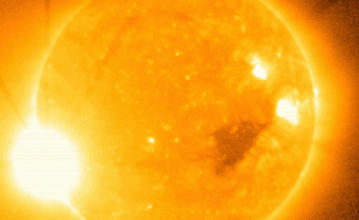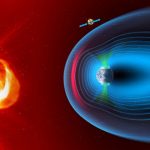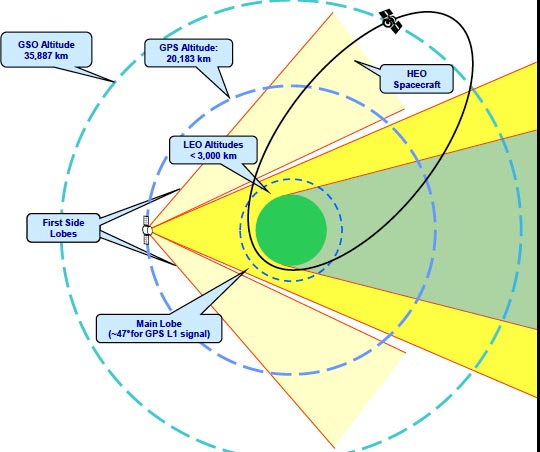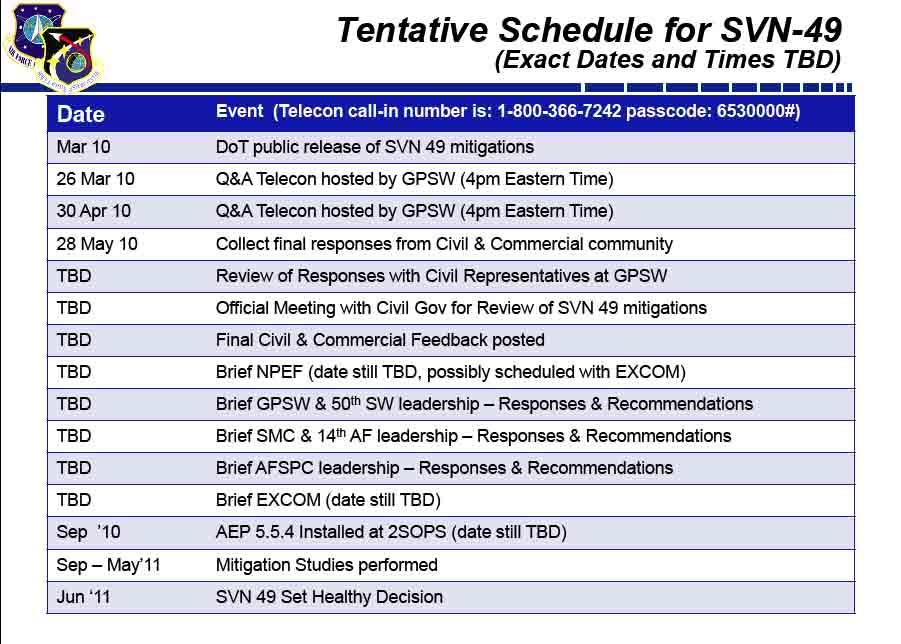The solar wind plays havoc with GNSS ground and space segments – destroying electrical transformers and the electronic systems on satellites.
In fact, space weather is the single largest contributor to single-frequency GPS errors and also to differential GPS.2. And right now, we have only three years until the next Solar Max.
The solar wind plays havoc with GNSS ground and space segments – destroying electrical transformers and the electronic systems on satellites.
In fact, space weather is the single largest contributor to single-frequency GPS errors and also to differential GPS.2. And right now, we have only three years until the next Solar Max.
“The GPS handset market revenues alone are expected to rise up to $100 billion in 2012— this is just one example of how our reliance on GPS has put us more at risk this solar cycle compared to the last one,” says Genene Fisher of the American Meteorological Society (AMS).
Although in a May 8 announcement an international panel of experts said that they expected the coming cycle will be the weakest since 1928, Earth is still vulnerable to a severe solar storm. The panel, led by NOAA’s Space Weather Prediction Center and funded by NASA, predicts that the upcoming Solar Cycle 24 will peak in May 2013 with 90 sunspots per day on average.
While scientists are working hard to predict ionospheric conditions further ahead, scientific issues are not the only problem.
“Policy issues — understanding the risk to different systems and making informed decisions – have not been studied as thoroughly," Fisher said.
The AMS Policy Program fellow is leading a new study that she hopes will increase the reliability of GNSS navigation and timing through more effective use of space weather forecasts and information.
Funded by the National Science Foundation, study activities will include discussion with GPS government and industry leaders, space weather scientists, and policymakers.
Right now, Fisher is seeking participation from the GNSS community.
On the study website, businesses and organizations that use GPS to support their operations can help by downloading a one-page questionnaire in PDF format, and giving their feedback to Fisher.
Among other topics, the survey asks about the backups to GPS that are employed and users’ plans to build resilience in the future. Additional questions include:
— How your operation decides when to use a forecast or alert to modify your operations
— How much loss or disruption of your operations has been due to space weather
— How important space weather considerations are to the development of GPS technologies and services
— Which space weather policies, regulations or standards you’d most like to see
— How improved space weather information or better communication would help you
Dr. Genene Fisher can be reached by email: fisher@ametsoc.org or by telephone: 919-461-3960.






